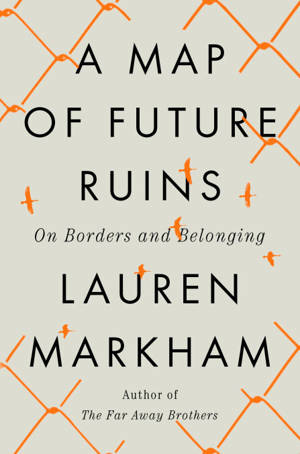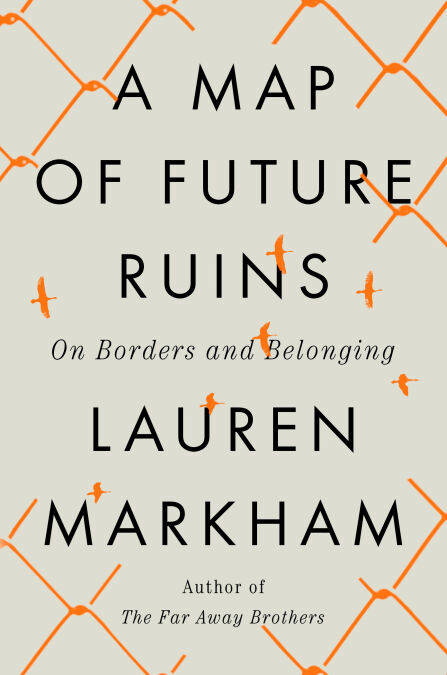
- Afhalen na 1 uur in een winkel met voorraad
- Gratis thuislevering in België vanaf € 30
- Ruim aanbod met 7 miljoen producten
- Afhalen na 1 uur in een winkel met voorraad
- Gratis thuislevering in België vanaf € 30
- Ruim aanbod met 7 miljoen producten
Zoeken
€ 18,50
+ 18 punten
Omschrijving
“This stunning meditation on nostalgia, heritage, and compassion asks us to dismantle the stories we’ve been told—and told ourselves—in order to naturalize the forms of injustice we’ve come to understand as order.” —Leslie Jamison, author of The Empathy Exams
When and how did migration become a crime? Why does ancient Greece remain so important to the West’s idea of itself? How does nostalgia fuel the exclusion and demonization of migrants today?
In 2021, Lauren Markham went to Greece, in search of her own Greek heritage and to cover the aftermath of a fire that burned down the largest refugee camp in Europe. Almost no one had wanted the camp—not activists, not the country’s growing neo-fascist movement, not even the government. But almost immediately, on scant evidence, six young Afghan refugees were arrested for the crime.
Markham soon saw that she was tracing a broader narrative, rooted not only in centuries of global history but also in myth. A mesmerizing, trailblazing synthesis of reporting, history, memoir, and essay, A Map of Future Ruins helps us see that the stories we tell about migration don’t just explain what happened. They are oracles: they predict the future.
When and how did migration become a crime? Why does ancient Greece remain so important to the West’s idea of itself? How does nostalgia fuel the exclusion and demonization of migrants today?
In 2021, Lauren Markham went to Greece, in search of her own Greek heritage and to cover the aftermath of a fire that burned down the largest refugee camp in Europe. Almost no one had wanted the camp—not activists, not the country’s growing neo-fascist movement, not even the government. But almost immediately, on scant evidence, six young Afghan refugees were arrested for the crime.
Markham soon saw that she was tracing a broader narrative, rooted not only in centuries of global history but also in myth. A mesmerizing, trailblazing synthesis of reporting, history, memoir, and essay, A Map of Future Ruins helps us see that the stories we tell about migration don’t just explain what happened. They are oracles: they predict the future.
Specificaties
Betrokkenen
- Auteur(s):
- Uitgeverij:
Inhoud
- Aantal bladzijden:
- 272
- Taal:
- Engels
Eigenschappen
- Productcode (EAN):
- 9780593545591
- Verschijningsdatum:
- 12/02/2024
- Uitvoering:
- E-book
- Beveiligd met:
- Adobe DRM
- Formaat:
- ePub

Alleen bij Standaard Boekhandel
+ 18 punten op je klantenkaart van Standaard Boekhandel
Beoordelingen
We publiceren alleen reviews die voldoen aan de voorwaarden voor reviews. Bekijk onze voorwaarden voor reviews.







